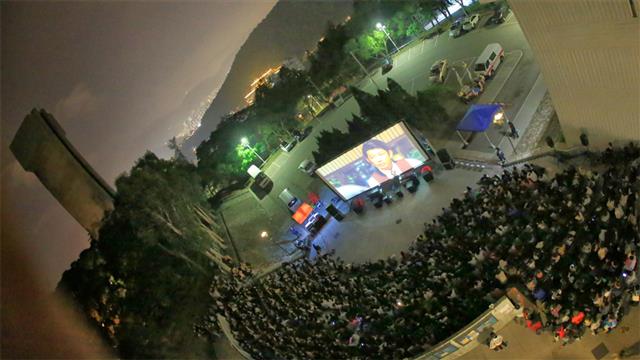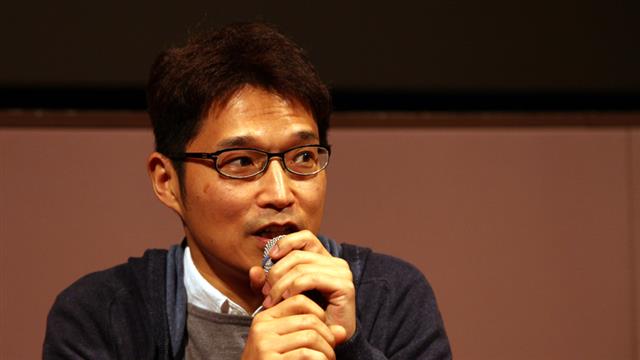The Hong Kong International Film Festival, into its 38th instalment this year, has been a much anticipated fixture on the calendar of local film buffs. Now film buffs of CUHK need not go far for some real treats.
The organizers of the I‧CARE Film Festival say that they hope to show quality films on an ideal location so that the films would have maximum impact. Many of the screenings are followed by discussion forums on themes such as growing up, education and aspiration. They are confident that the festival would be a postcard from the time and bring wisdom and courage to its audience.
KANO, as the premiere film, is about belief: What do we live for? What do we stand by? Let the Wind Carry Me tells the story of the Taiwanese cinematographer Mark Lee. Its director KwanPung-leung is himself a cinematographer who was inspired by Mark Lee and knew about the hardships of film-making. The film is a tribute of one artist to another.
Several films on the schedule are about schools and growing up and can be generally categorized as campus films. In Dead Poets Society, a group of students in an elite school are jolted out of their comfort zone by the unorthodox approach of a teacher and open their eyes to more possibilities ahead of them. But not many dare to take matters into their own hands. The Latin aphorism carpe diem (seize the day) and quotes from Walt Whitman's poetry had inspired many of the film's followers. The protagonist in Liberal Arts read literature at a small liberal arts college. After graduation and several years of working life, he found himself back in the college and met a female student there. Romance and literature beckon once again, but being a few years older and knowing himself a little better, he has to weigh his options carefully.
In campus films, the campus often appears utopian, a paradise where friendship, love, beauty and beneficence are aplenty. The protagonists in City of Glass have had their fair share of tear and wear. In their mind's eye their university days are tinted with a prelapsarian aura. An Education takes the opposite route to heaven. A sixteen-year-old girl from a provincial town is charmed and conned by a young man. She took a fall, a lesson in sentimental education, before packing off to study at Oxford University.
Though not listed in this festival, a British film from the early 1980s, Educating Rita, is a must-see campus film. In her debut role, Julie Walters plays a hairdresser who suddenly wants to have a real education and so she enrols in the open university. Her academic adviser, played by Michael Caine, is a literature professor who's having problems in his family, his career and his drinking. The film is about how the hairdresser overcomes obstacles from her social class and peers to realize her dream. In the end, she made it and even the cantankerous professor has something to thank his student for showing how important it is to have a purpose and an aspiration in life.
After the books, the flowers, we have the films. Can one ask for more?







